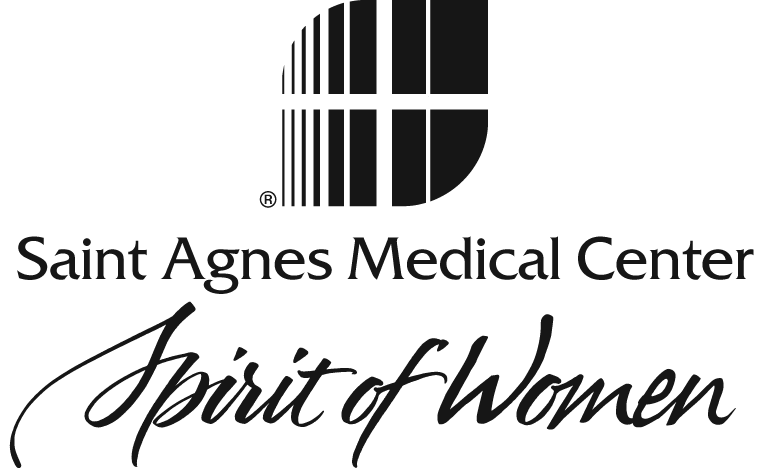The Right Way To Fuel Your Body For Fitness
Whether you’re training for a triathlon or just trying to get in a brisk 30-minute walk, what you eat and drink is a critical factor in how your body responds to exercise and how it recovers
afterward.
Let’s start with the basics: Food’s nutritional value is made up of carbohydrates, proteins and fats. Carbohydrates are the preferred fuel for your body and brain, while proteins are the basic building blocks of muscle tissue. Healthy fats are essential to the development and maintenance of other body tissues.
To maintain the right balance of food for your exercise activity level, you’ll need to focus on the amount of each macronutrient in the foods you eat before and after a workout. In general, carbohydrates are best consumed pre-workout as an energy boost, while proteins and fats are better for post-workout recovery due to their roles in rebuilding and maintaining body tissue.
Pre-workout options for energy
Simple carbohydrates and sugary snacks are pre-workout no-nos. They can provide you with a quick burst of energy, but it will be followed by a crash as your blood sugar bottoms out.
Instead, try complex carbs like whole-grain bread, pastas, oatmeal and brown rice. They take longer to break down and will give you more sustained energy.
Post-workout choices for recovery
Post-workout meals should emphasize protein and fats but should also include complex carbohydrates to help energy recovery. As always, opt for healthy food choices.
Lean meats and nuts are a great protein option, while an avocado or olive oil serve as a healthy fat.
Filling up
How much of each macronutrient should you eat for optimal results? There’s no one right answer. Everyone’s body responds differently to food intake and exercise, so finding the macronutrient ratios that are right for you is a process of trial and error.
Staying hydrated
The human body is more than 60 percent water, and water—along with minerals—is what you lose when you sweat during a workout. Dehydration can lead to fatigue, cramps and more serious issues in extreme cases, so it’s critical to stay hydrated along with maintaining a healthy diet.
Some fitness enthusiasts try to overhydrate prior to working out to compensate for fluid loss in advance, but that isn’t a good idea. Doing so can lead to stomach cramps and urgent bathroom trips. The better approach is to stay hydrated with water throughout the day, say the experts.
Sports drinks can help replenish some of the salt and minerals you lose through sweat, but they can also be high in sugar and calories. Unless you’re involved in an extended physical endurance activity such as running for an hour or more at a time, sports drinks are usually unnecessary. Water works just fine.
Pre-workout: Complex carbohydrates
- Whole-grain breads
- Whole-grain pastas
- Oatmeal
- Brown rice
- Low-fat milk
- Low-fat yogurt
Post-workout: Proteins, fats and complex carbohydrates
- Nuts
- Lean meats
- Low-fat chocolate milk
- Low-fat yogurt and fruit
- Peanut butter or hummus on whole-grain bread
